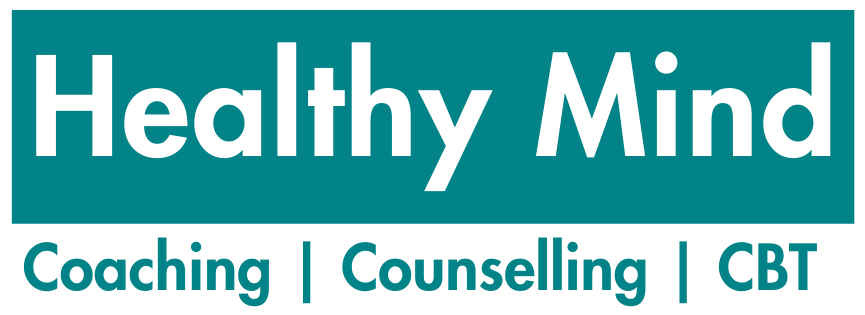Building emotional resilience is essential as it equips us with the ability to navigate life’s challenges and maintain well-being.
By practising (present in-the moment living) mindfulness, you can cultivate self-awareness, effectively manage stress, and develop a positive outlook.
Techniques such as deep breathing, problem-solving, and seeking social support make the process simple, enabling us to regulate emotions, bounce back from setbacks, and embrace a personal growth mindset
1. Improving and adapting stress management skills to suit your lifestyle and particular stresses
Stress management skills play a crucial role in building emotional resilience. By effectively managing stress, you can develop the capacity to cope with challenges, maintain a positive outlook, and bounce back from adversity
Enhancing your problem-solving abilities to tackle challenges can be greatly beneficial.
Break down problems into manageable steps and consider multiple solutions. For example, by writing down everything you’re worried about you can visualise how manageable the issues really are and work on slowly solving them.
2. Self-awareness
Understanding your emotions and how they affect your thoughts and behaviours can be enhanced by practising mindfulness (present moment living) and self-reflection, can help you become more in tune with your feelings.
Self awareness is key to cultivating a deeper understanding of your triggers and thought patterns.
By recognising and acknowledging their emotional responses, individuals can develop the capacity to manage and regulate these emotions effectively.
3. Be optimistic-positive mindset
Optimistic individuals are more likely to view setbacks as temporary and solvable, which helps them maintain a sense of hope and motivation.
To help build emotional resilience and cultivate a positive outlook on life, focus on your strengths, achievements, and the opportunities that challenges can bring your way.
Challenge negative thoughts and self-talk replacing them with positive, realistic affirmations. This helps you maintain a more constructive and resilient mindset.
4. Face your fears
Facing your fears is a powerful way to build emotional resilience. It involves stepping out of your comfort zone, confronting challenges, and learning to manage your emotional responses in difficult situations.
This exposure allows you to practise dealing with discomfort, uncertainty, and stress, which are essential aspects of building emotional resilience.
Confronting your fears often requires learning new skills or strategies to cope effectively. This process of acquiring and refining skills enhances your ability to handle a wide range of situations, contributing to emotional resilience.
5. Mindfulness
Mindfulness (focusing on present moment living) is a powerful practice that can significantly contribute to building emotional resilience. It involves being fully present and aware of your thoughts, emotions, sensations, and the environment without judgement.
Mindfulness also helps you observe your emotions as they arise without immediately reacting to them, just noting or acknowledging them. This allows you to respond to challenging emotions in a more measured and controlled way, reducing impulsive reactions.
Practices such as deep breathing and meditation over time promote a decreased overall stress level and increased resilience to stressors.
Mindfulness helps break the cycle of rumination, where you repeatedly dwell on negative thoughts or past events. This reduction in rumination contributes to improved emotional well-being and cultivates resilience
6. Self-care
Explore various relaxation methods, such as guided imagery, aromatherapy, or listening to soothing music, to help calm your mind and reduce stress.
Writing down your thoughts and emotions as a way to process and release stress can also help balance your mind. Journaling can also help you gain insights into your triggers and coping strategies.
Self care is personal and can be anything from walks, to pamper sessions or reading. Prioritising some alone time to take care of yourself helps ensure a healthy mind and body which in turn helps you to prioritise building emotional resilience.
7. Positive relationships and support networks
Positive relationships play a crucial role in building emotional resilience by providing essential support, understanding, and a sense of belonging.
Connecting with friends, family, and supportive individuals creates a network that can offer emotional validation, advice, and comfort during challenging times.
Foster healthy relationships with people who support and uplift you. Avoid toxic relationships that drain your energy. This will ensure that the company you keep helps to reinforce a positive and healthy mindset.
Contact [email protected] for a Free 20 minute consultation






